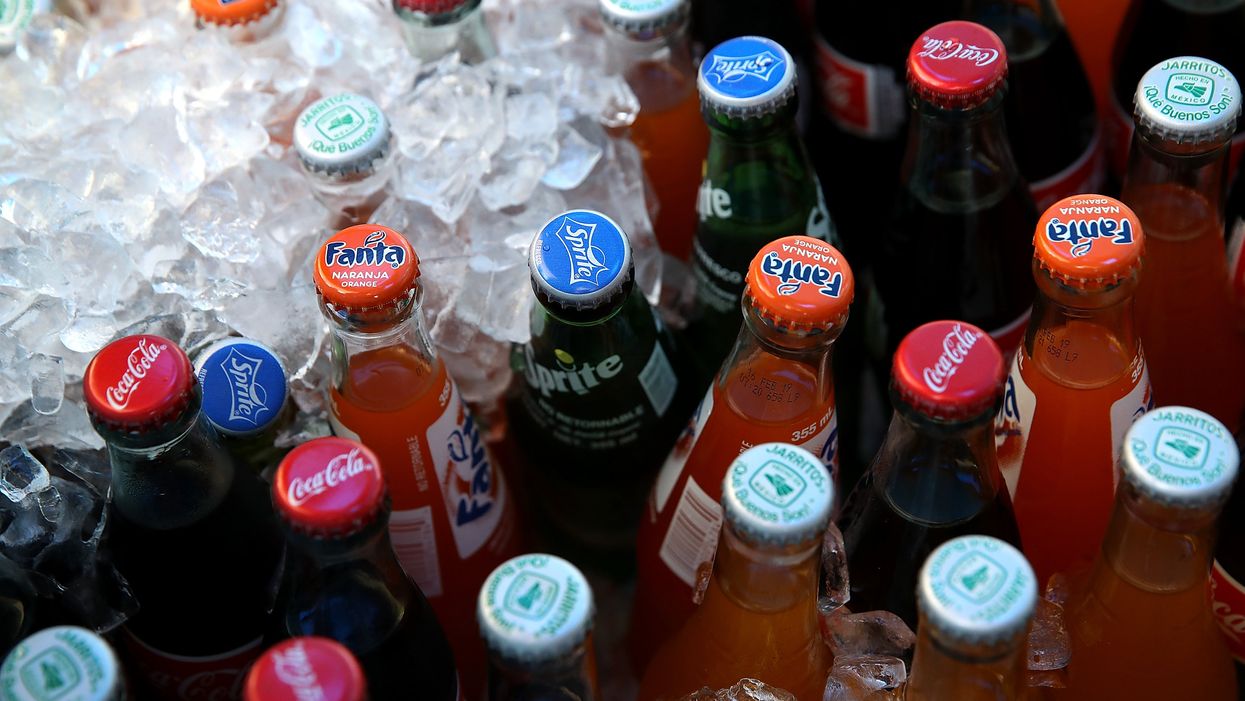
Justin Sullivan/Getty Images

The city actually expects an increase in revenue from the tax this year, not the decline that would come from less soda consumption
The 2019 budget for Seattle reveals that the city does not expect soda consumption to go down as a result of the city's soda tax. Instead, it expects consumption, and the revenue raised by the tax, to increase. When it was first introduced, the soda tax was hailed as a way to force Seattleites to embrace healthier habits.
Since January, the city of Seattle has slapped a 1.75 cents per ounce tax on soda and other sugary drinks. This led to a 75 percent jump in the cost of a 36-pack of soda at Costco. In protest, Costco posted signs informing members that locations outside of Seattle still carried soda at a lower price.
The tax was introduced as a way to encourage people to buy healthier drink options as an alternative to soda. Supporters compared it to existing taxes on cigarettes. According to a study by the city government before the implementation of the tax, the goal of the tax was to "help improve the health and well-being of children and the public's health more generally."
But according to the city budget, this has not been the case.
In just the first nine months that the tax has been in effect, it has raised nearly $17 million. This is $2 million more than the $15 million expected for all of 2018, which means that Seattle residents are buying more soda than anticipated. And their government is banking on that number going up, because revenue for the fourth quarter of 2018 has not yet been announced.
The city's 2019 budget states that Seattle expects to raise $21 million from the soda tax over the coming year. It also stated that large declines in soda consumption were "no longer expected."
The Seattle Times reported that a few members of the Seattle City Council called out Mayor Jenny Durkan for using the tax to gain revenue for the city instead of improving the health of its residents. However, the council ultimately approved his budget.
In Philadelphia, where a similar soda tax has been in effect, a supermarket owner blamed the tax for the closure of one of his stories. Jeff Brown argued that more and more potential customers were doing their grocery shopping outside city limits to avoid the tax.